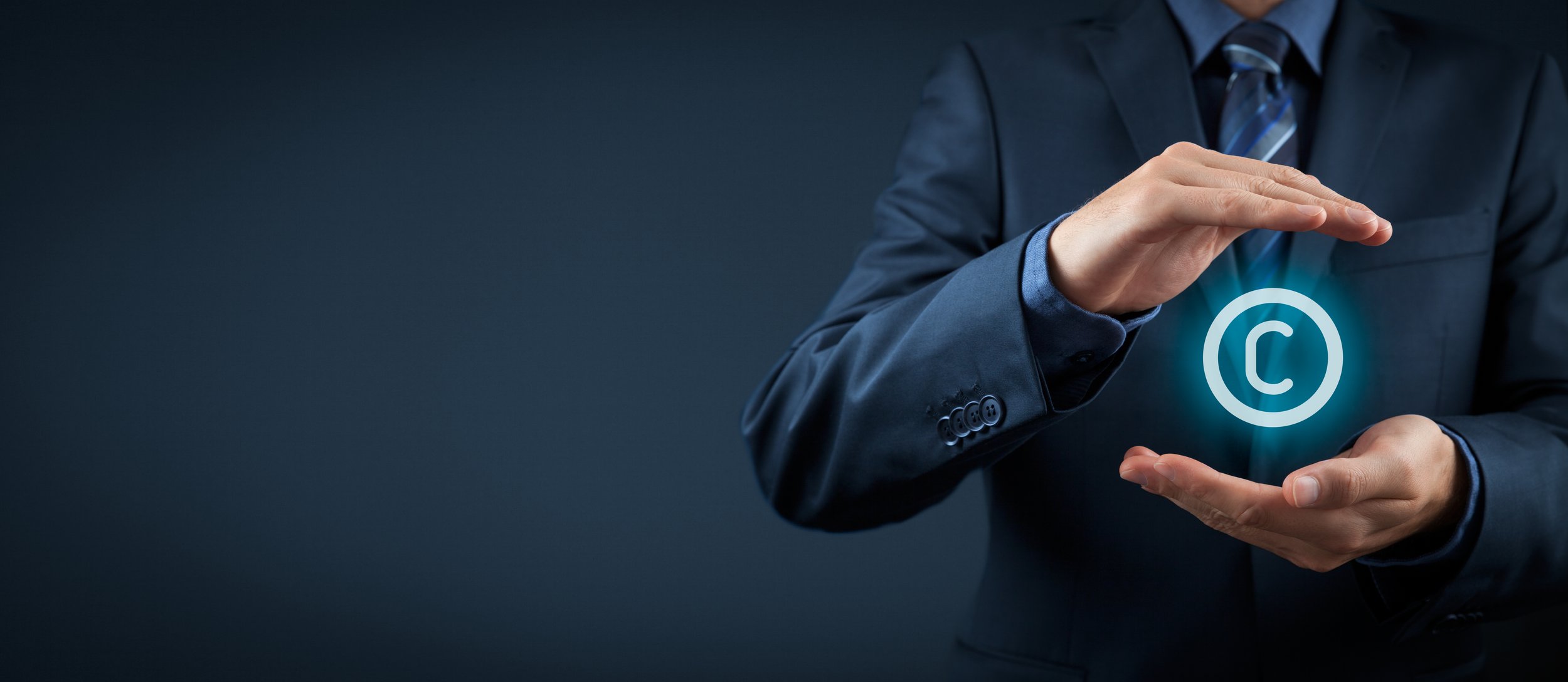
Copyright
For protecting your creative content
Generally, any creative works you make, such as, but not limited to, videos and photos, are subject to being protected by U.S. Copyright Law as copyrighted works.
Also, as content creators, you want to learn how to avoid allegations that your creative works are infringing copyrights of others. This often occurs when you use music of others without permission and with reaction videos. There are safe ways to use music in your creative works.
Additionally, never use a video and/or a photo of another without permission from the copyright owner or a written license to do so.
And there can be best practices to lower the odds of having issues if you are doing reaction videos.
-
Basically, if you do not want others to copy and/or use your videos and/or photos (or your other creative works) then you’ll want to register copyrights in your creative works.
So, while a copyright comes into existence automatically the moment the creative work is made and/or saved to file; you cannot enforce your copyright in a U.S. federal court unless you’ve registered your copyright(s) with the U.S. Copyright Office (https://copyright.gov).
U.S. Copyright Office fees/costs are usually fairly affordable and if you register your copyrights before copyright infringement occurs, you may be able to get “statutory damages” and your attorney fees covered if you sue the infringer for copyright infringement.
But if you do not register your copyrights in a timely fashion, then you might not be able to get the “statutory damages” nor your attorney fees covered if you sue the infringer for copyright infringement.
If you have to sue for copyright infringement you want to be able to get the “statutory damages” and your attorney fees covered. If your attorney fees are recoverable, it is generally far easier to find a good attorney to represent you in the copyright infringement lawsuit.
And “statutory damages” are basically where the law states how much money the infringer will owe for the copyright infringement. And award of statutory damages by the Court to you can be significant.
If you cannot get “statutory damages” because your copyright registration efforts were not timely filed with the U.S. Copyright Office, then you can go after “actual damages” in the copyright infringement lawsuit. Often the “statutory damages” are preferred over “actual damages” because with “actual damages” you have to figure out and proof out what those actual damages were to you; whereas, with the “statutory damages” the amount owed to you is just specified in the law.
-
If you are operating in the reaction video space, then you likely want to become familiar with how copyright fair use works and you might also want to learn how to register copyrights in your reaction videos, where you disclaim any content that is not yours that you are reacting to. Registering your copyrights in your reaction videos may help you to bolster your fair use defense and keep your reaction videos from being permanently pulled down and/or demonitized.
-
I typically charge an attorney fee of $200 to $300 to prepare and file a given U.S. copyright registration application (and sometimes even as low as $100 if the creative work you are seeking to register is simple).
Copyright Office governmental fees (https://copyright.gov/about/fees.html) are mostly currently in the range of $45 to $85, depending upon some variables, like: the number of works being registered; number of authors/creators/owners; published or not published; etc.
Note, the Copyright Office fees can change from time to time.